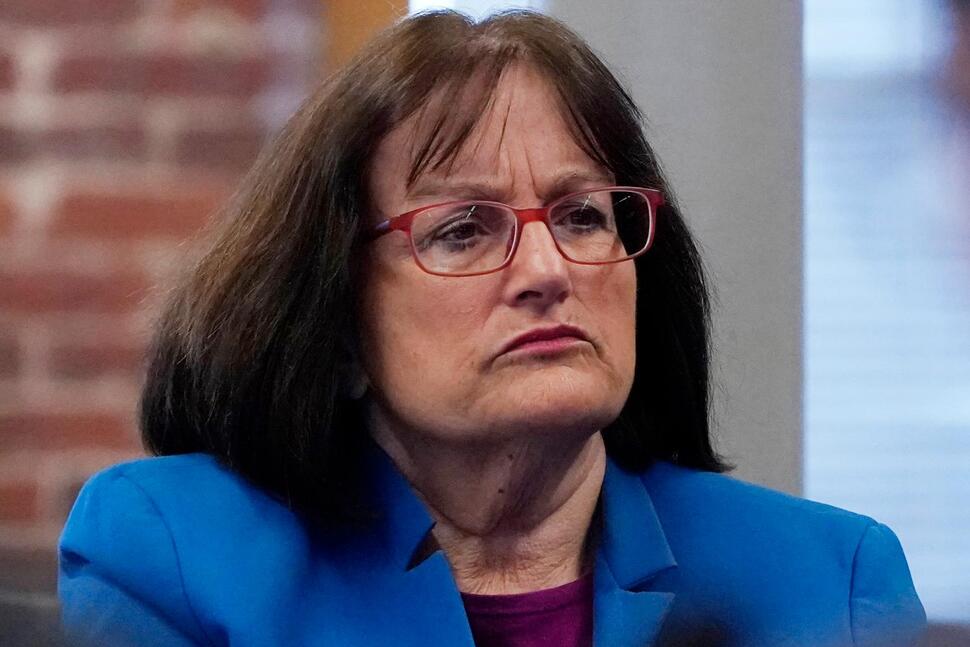Democratic Rep. Annie Kuster’s announcement that she will not seek re-election in New Hampshire’s swing district has sparked political speculation and implications for the 2024 House elections. Kuster’s decision, amidst changing dynamics within the Democratic Party and the broader political landscape, raises questions about the future of the district and the potential ramifications for both parties. This article examines the significance of Kuster’s retirement, analyzes the implications for the upcoming elections, and explores the broader context of Democratic politics in New Hampshire.
Rep. Annie Kuster’s Career and Legacy: Annie Kuster, a prominent Democrat, has represented New Hampshire’s 2nd Congressional District since 2012. As the chair of the New Democrat Coalition, she played a pivotal role in shaping moderate Democratic policies and advocating for key legislative initiatives. Throughout her tenure, Kuster earned a reputation as a dedicated public servant, known for her commitment to her constituents and her advocacy on critical issues such as healthcare, economic development, and environmental protection.
Impact on the 2024 House Elections: Kuster’s decision not to seek re-election creates a significant vacancy in a district that has historically been competitive. The 2nd Congressional District, with its slim Democratic lean, now becomes a focal point for both parties in the upcoming elections. Republicans see an opportunity to flip the seat, while Democrats face the challenge of defending it in a potentially contentious race. The absence of an incumbent further complicates the electoral landscape, leading to heightened uncertainty and strategic maneuvering by both parties.
Political Dynamics in New Hampshire: Kuster’s retirement comes at a time of Democratic upheaval in New Hampshire, exacerbated by changes to the nominating calendar and internal party tensions. The loss of the state’s first-in-the-nation primary status has sparked discontent among local Democrats, raising questions about the party’s future direction and electoral prospects. Kuster’s departure adds another layer of complexity to the political landscape, underscoring the evolving dynamics within the Democratic Party and its relationship with voters in the state.
Analysis of Reactions and Responses: Responses to Kuster’s retirement reflect broader partisan divisions and strategic calculations. Democratic leaders commend Kuster’s service and express confidence in retaining the seat, emphasizing the party’s commitment to maintaining Democratic representation in New Hampshire. Conversely, Republicans seize on Kuster’s decision as evidence of Democratic vulnerability, framing it within the context of national issues and perceived failures of the Biden administration. The contrasting narratives underscore the stakes of the upcoming elections and the divergent visions for the future of the district.
Rep. Annie Kuster’s decision not to seek re-election in New Hampshire’s swing district has far-reaching implications for the 2024 House elections and the broader political landscape. As both parties gear up for a competitive race, the district becomes a focal point for electoral strategizing and campaigning. Kuster’s retirement underscores the fluidity of political dynamics in New Hampshire and the challenges facing Democrats as they navigate internal divisions and external pressures. Ultimately, the outcome of the 2024 elections in the 2nd Congressional District will shape the trajectory of New Hampshire politics and influence the balance of power in Congress.
